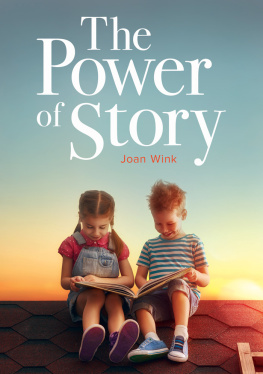Literacies of Power
An earlier version of Chapter 1 was published as Macedo, Donaldo P., Literacy for Stupidification: The Pedagogy of Big Lies, Harvard Educational Review 63, no. 2 (Summer 1993), pp. 183206. Copyright 1993 by the President and Fellows of Harvard College. All rights reserved. Excerpt from Dream Deferred, from The Panther and the Lash by Langston Hughes, copyright 1951 by Langston Hughes, reprinted by permission of Alfred A. Knopf Inc. What Did You Learn in School Today? words and music by Tom Paxton, copyright 1962 Cherry Lane Music Publishing Company, Inc. (ASCAP). International copyright secured all rights reserved. Excerpt from #37 in The People, Yes by Carl Sandburg, copyright 1936 by Harcourt Brace & Company and renewed 1964 by Carl Sandburg, reprinted by permission of the publisher. Conversation with Paulo Freire excerpted from Paulo Freire and Donaldo Macedo, Literacy: Reading the Word and the World (Granby, MA: Bergin & Garvey, 1987). Copyright 1987 by Bergin & Garvey Publishers, Inc., an imprint of Greenwood Publishing Group, Inc., Westport, CT. An earlier version of Chapter 4 was published in Boston Universitys Journal of Education 173, no. 2 (1991). Reprinted by permission. Portions of All Things Considered, Ghetto Life 101, originally aired June 8, 1993, by National Public Radio, used by permission.
First published 2006 by Westview Press
Published 2018 by Routledge
711 Third Avenue, New York, NY 10017, USA
2 Park Square, Milton Park, Abingdon, Oxon OX14 4RN
Routledge is an imprint of the Taylor & Francis Group, an informa business
Copyright 2006 Taylor & Francis
All rights reserved. No part of this book may be reprinted or reproduced or utilised in any form or by any electronic, mechanical, or other means, now known or hereafter invented, including photocopying and recording, or in any information storage or retrieval system, without permission in writing from the publishers.
Notice:
Product or corporate names may be trademarks or registered trademarks, and are used only for identification and explanation without intent to infringe.
A Cataloging-in-Publication data record for this book is available from the Library of Congress.
ISBN 13: 978-0-8133-4338-9 (pbk)
To my wonderful daughters, Vanessa and Erica, whose love, loyalty, and dreams give me hope for a more humane and truthful world
Contents
, PAULO FREIRE
, JOE L. KINCHELOE
PETER MCLAREN
; SHIRLEY STEINBERG
Guide
I have read with great enthusiasm Donaldo Macedos book Literacies of Power: What Americans Are Not Allowed to Know . And I congratulate all those who will encounter this excellent book, for not only is it timely but also it meticulously unveils the truths that have been astutely hidden through myriad ideological manipulations so as to make us accommodate to big lies.
From beginning to end, Literacies of Power is intellectually un-quieting, rejecting the inertia that has often chained us, preventing us from comprehending our world. Donaldo Macedos book convincingly demonstrates that a critical reading of the world is intimately related to a historical and cultural reading of the world. Such a reading allows us to make linkages and comparisons, arrive at conclusions, and speak in relation to the world both theoretically and practically. In so doing, human beings become truly capable of reading the world and, in turn, able to intervene in such a way as to effect positive change. Never is it possible to have intervention without full comprehension of the complex sets of circumstances that have shaped ones immediate context. Therefore, the comprehension of an object that does not trigger change ends up being an obstacle in the process of intervention.
The world may be read and expressed in spoken words, but sooner or later the speech needs to be complemented through writing. It is for this reason that there cannot be reading of text without reading the world, without reading the context. And the reading of the world that omits the reading of the text implies a rupture of the inherent cycle that involves thinking, action, language, and world. This is one of the violences that illiteracy engendersa violence that incapacitates the conscious, speaking body of women and men who are forbidden to read and write; this is done in order to limit their capacity to read the world, write about its reading, and, in the process, rethink their prior reading of the world.
It is because of these relations that as long ago as the 1960s I was insisting that literacy is an act of knowing, a creative act that should view learners as subjects in the reading process and not as objects of the educators action. To view learners as subjects and to engage in critical dialogue with learners leads to conscientization, the process of becoming critically conscious of the sociohistorical world in which one intervenes or pretends to intervene politically. The same is true of comprehension of a text: It requires the readers invention, even though the reader must also respect the work produced, in this case, by the author. In reality, there is no educational practice that is not an act of knowing and not the transference of knowledgean act of knowing of which the learner is always a critical subject.
One of the neoliberal entrapments that progressive educators almost always fail to resist, particularly after witnessing the downfall of socialism, and that makes many of them into reactionaries, is pragmatism. This pragmatism, while decreeing the death of ideologies and utopias, celebrates an educational practice based on immediacy and selfish interests. For educational pragmatists, there are no more dreams. Likewise, there is no more reading of the world. The new educational pragmatism embraces a technical training without political analysis, because such analyses upset the smoothness of educational technicism. Simply put, we are witnessing the assertion of an educational technicism that urges us not to burden students with political thoughts and to leave them alone so that they can best focus on their technical training. To the educational pragmatist, other social and critical preoccupations represent not just a waste of time but a real obstacle in their process of skills banking. In reacting indignantly, but always critically, against these neoliberal entrapments and big lies, in energetically defending the rights of human beings to unveil the world, to make the truth known, and to intervene, Donaldo Macedo, with this excellent book, takes his place among the best of the postmodernist progressive thinkers.
Literacies of Power is a book not only for those who are concerned with literacy and the critical reading of the word and the world. It is crucial reading as well for all women and men who oppose the struggle for critical knowledge of the world. I have no doubt that Donaldo Macedos book will serve as the foundation for transformation, for a better understanding of the world, and for more active intervention in the world, both for those who resist and for those who think critically.
Paulo Freire
It is an honor to write the foreword to the second edition of Donaldo Macedos Literacies of Power: What Americans Are Not Allowed to Know . When Donaldo wrote the first edition of this book in 1994, I thought that it was one of the best books ever written in critical pedagogy. Eleven years later I hold the same position. Macedo has been a central figure in critical pedagogy over the last thirty years. His work with Paulo Freire broke new theoretical ground in its attempt to develop a critical understanding of the ways in which language, power, and culture contribute to the positioning and formation of human experience and learning. Known as Freires chief translator and interpreter in English, Macedos published dialogues with Paulo are considered classic work for their elucidation not only of Freires own theories of literacy but also for the way in which they have added a more critical and theoretically advanced dimension to the study of literacy and critical pedagogy. His coauthored book with Paulo Freire, Reading the World and the Word , is central to critical literacy in that it redefines the very nature and terrain of literacy and critical pedagogy.

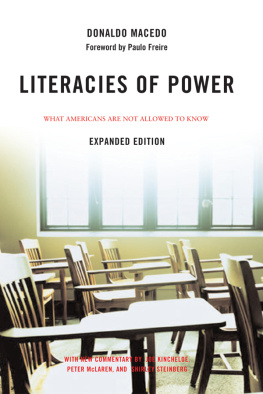

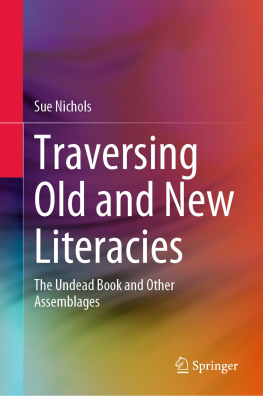
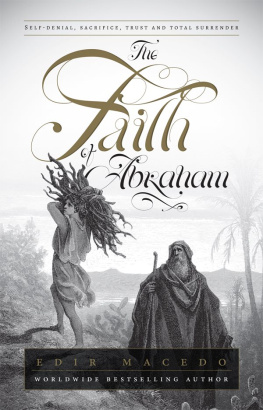
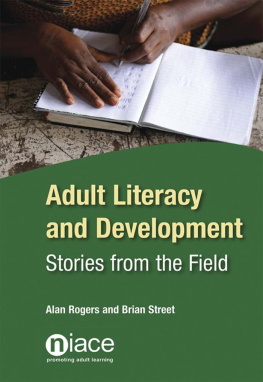
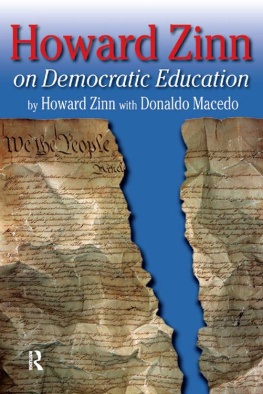
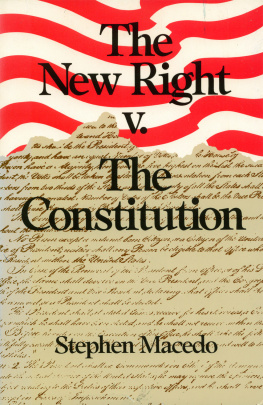
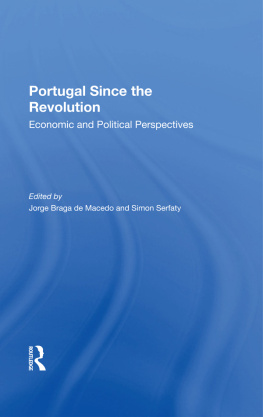
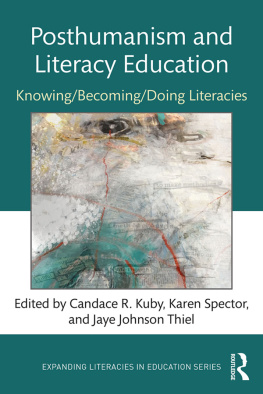
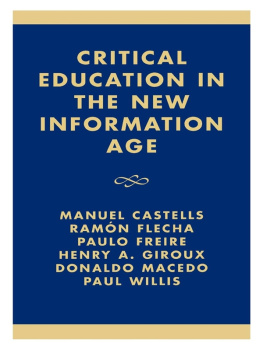
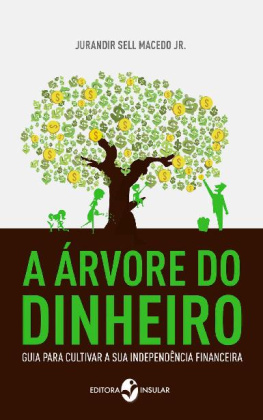
![Macedo - Redis cookbook: [Practical techniques for fast data manipulation]](/uploads/posts/book/137932/thumbs/macedo-redis-cookbook-practical-techniques-for.jpg)
